Eczema Relief: Ultimate Guide to Soothing Irritated Skin
Eczema sufferers often experience a relentless cycle of itchiness, redness, and dry, cracked skin. This chronic condition can significantly impact daily life, causing discomfort, embarrassment, and even sleep disturbances. Fortunately, numerous strategies and products can help manage eczema symptoms and improve overall skin health. Let’s explore effective eczema relief solutions for various body areas, including sensitive regions like the eyebrows.

Understanding Eczema Triggers and Symptoms
Eczema, also known as atopic dermatitis, is a common inflammatory skin condition characterized by patches of red, itchy, and inflamed skin. Triggers can vary from person to person but often include allergens, irritants, stress, and harsh weather conditions. Symptoms range from mild dryness and itchiness to severe, cracked, and oozing skin.
Comprehensive Eczema Management Strategies
1. Gentle Cleansing: Opt for mild, fragrance-free, and hypoallergenic cleansers to avoid stripping the skin of its natural oils. Look for products enriched with soothing ingredients like colloidal oatmeal or ceramides.
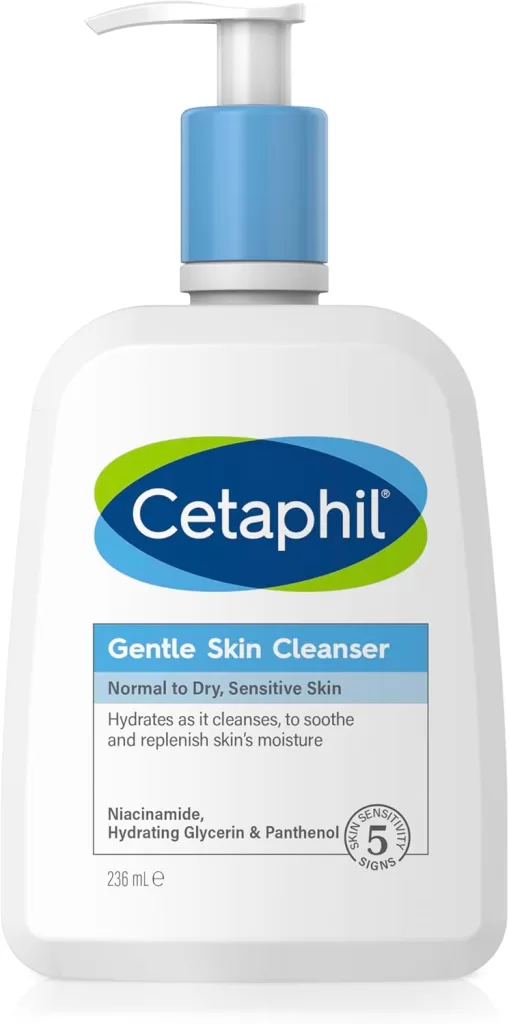
A classic choice for sensitive skin, Cetaphil Gentle Skin Cleanser is a mild, fragrance-free, and hypoallergenic option. It effectively removes dirt and oil without stripping the skin of its natural moisture barrier. This soap-free formula is gentle enough for daily use and helps to soothe and calm irritated skin.
2. Deep Hydration: Regular moisturizing is essential for eczema relief. Choose fragrance-free, hypoallergenic emollients and creams specifically formulated for sensitive skin. Consider products containing ceramides, hyaluronic acid, or shea butter to restore the skin’s moisture barrier.
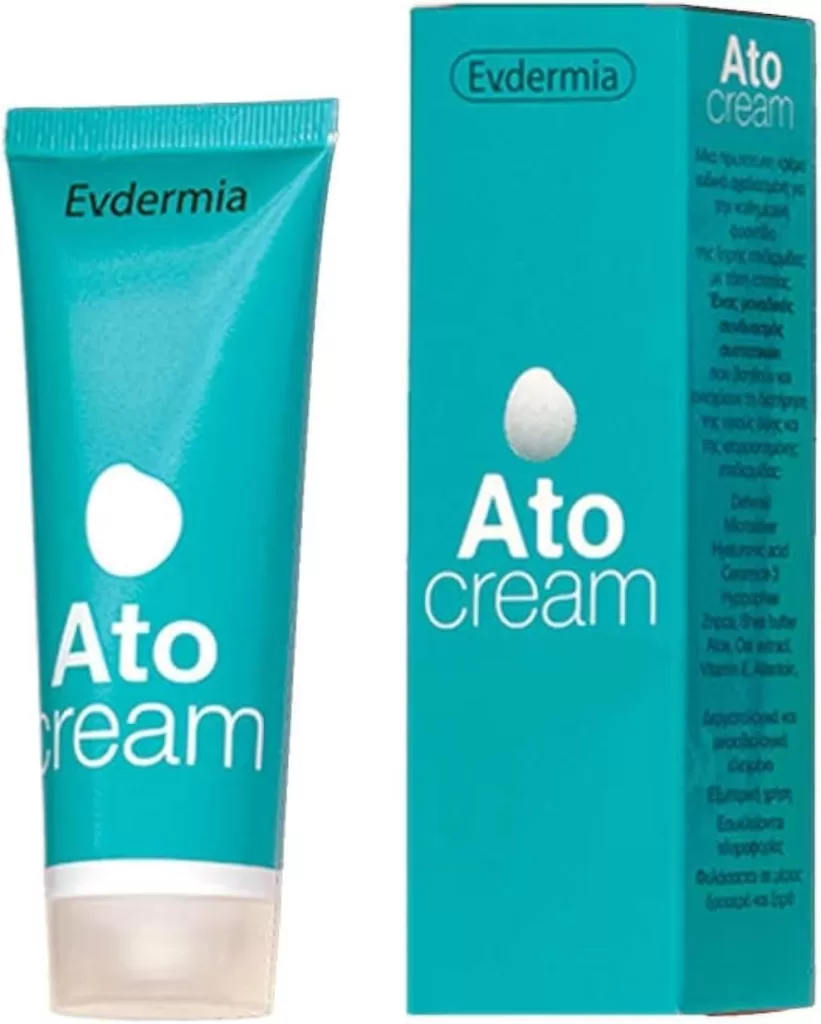
Ato Cream | Ideal for dry or itchy skins. Suitable for people who may be prone to Eczema and Atopic dermatitis. With Strong soothing, hydrating and rejuvenating properties. For Body, Face and Eyelids
3. Identify and Avoid Triggers: Keeping a detailed eczema diary can help pinpoint specific triggers. Common culprits include allergens (pollen, pet dander, dust mites), irritants (soaps, detergents, fragrances), and environmental factors (dry air, extreme temperatures).
4. Prescription Medications: In severe cases, a dermatologist may prescribe topical corticosteroids, calcineurin inhibitors, or oral medications to reduce inflammation and itching.
Targeted Eczema Solutions for Different Body Areas
- Face and Eyebrows: Use gentle, fragrance-free cleansers and moisturizers designed for the delicate facial skin. Avoid harsh scrubs and exfoliants. For eyebrows, apply a hypoallergenic eyebrow serum or oil to soothe irritation.
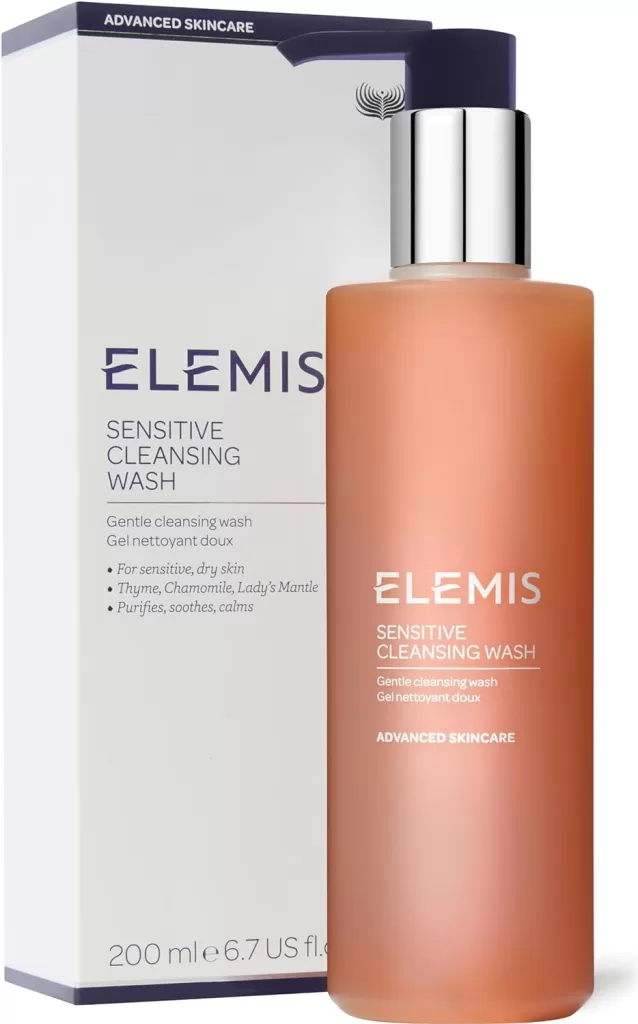
ELEMIS Sensitive Cleansing Facial Wash, Gentle Face Cleanser to Purify, Soothe and Calm, Refreshing Gel Facial Cleanser for Sensitive, Dry Skin for a Healthy Complexion, Simple to Cleanse & Foam 200ml
- Body: Apply thick, fragrance-free emollients generously after bathing to lock in moisture. Choose breathable fabrics like cotton to minimize friction and irritation.
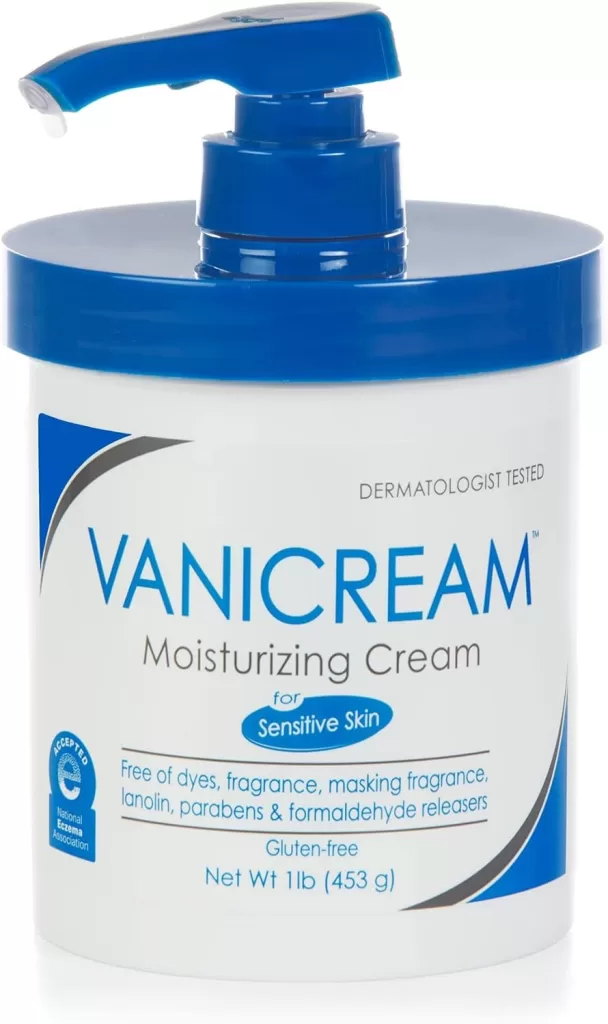
Vanicream Moisturizing Skin Cream with Pump Dispenser – 16 fl oz (1 lb) – Moisturizer Formulated Without Common Irritants for Those with Sensitive Skin
- Hands and Nails: Wear gloves when washing dishes or using cleaning products. Apply a protective barrier cream before exposure to irritants. Keep nails trimmed and filed to prevent cracking.
- Feet: Moisturize feet regularly, paying attention to dry areas like heels and ankles. Wear breathable socks and shoes to prevent moisture buildup.
Gentle fragrance-free shampoos and conditioners.
- Scalp: Use gentle, fragrance-free shampoos and conditioners. Consider medicated shampoos containing ingredients like coal tar or ketoconazole if recommended by a dermatologist.
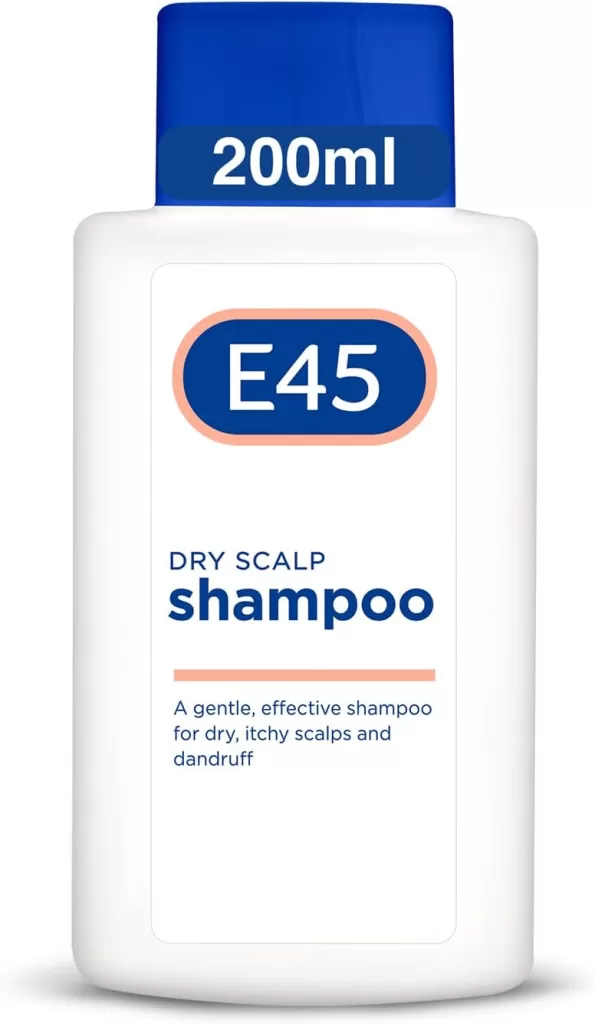
E45 Dermatological Dry Scalp Shampoo 200 ml – E45 Shampoo for Dry Scalp Relief – Dry Scalp Shampoo with Pro Vitamin B5 to Hydrate Hair – for Clean and Shiny Hair – Anti Dandruff Shampoo – Perfume Free
Additional Tips for Eczema Relief
- Cool Compresses: Apply cool, wet compresses to reduce itching and inflammation.
- Bathing: Limit bath or shower time to 10-15 minutes and use lukewarm water.
- Humidifiers: Increase humidity levels in your home to prevent dry skin.
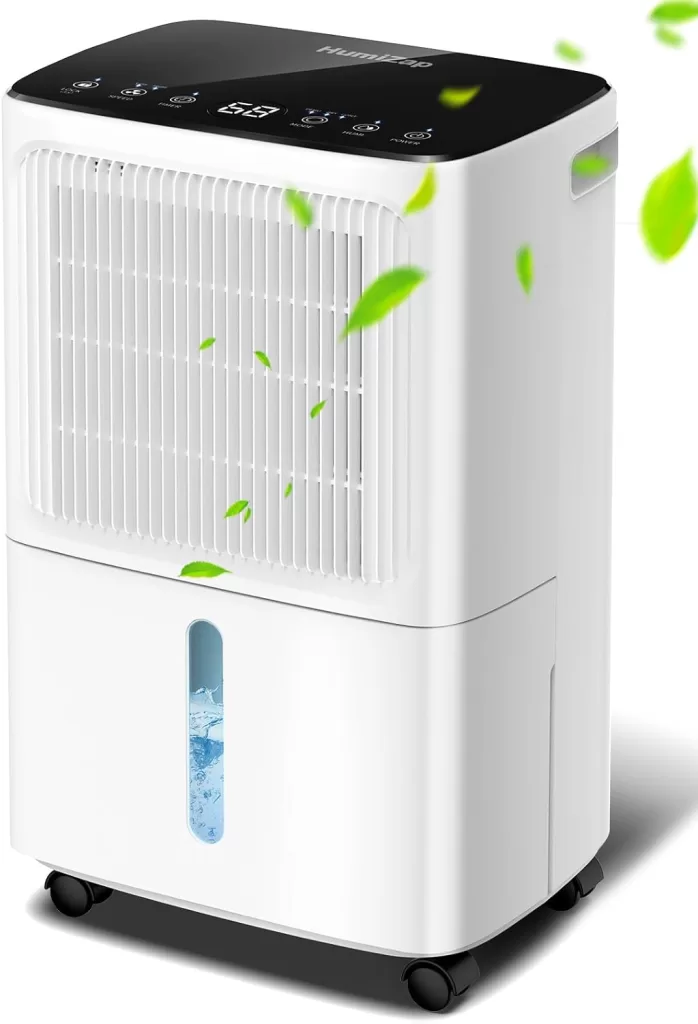
12L/Day Dehumidifiers for Home Damp, Dehumidifier with Humidity Display&Control, 2000 Sq.Ft Ultra Quiet for Home/Bedroom/Laundry Dry/Basement, Timer, Big Water Tank&Drainage Hose for Damp
- Stress Management: Practice relaxation techniques like meditation or yoga to reduce stress, as it can exacerbate eczema symptoms.
Remember, finding the right eczema treatment plan often involves trial and error. Consult with a dermatologist for personalized advice and to rule out any underlying conditions. By following these guidelines and working closely with a healthcare professional, you can effectively manage eczema symptoms and improve your overall quality of life

Eczema and Diet: Unraveling the Link for Optimal Skin Health

The Eczema Diet Plan
The intricate relationship between diet and eczema has piqued the interest of researchers and eczema sufferers alike. While the exact mechanisms aren’t fully understood, there’s growing evidence suggesting that certain dietary factors may influence eczema symptoms. Let’s delve into the potential connections, exploring popular elimination diets, food allergies, and the role of nutritional supplements in managing eczema.
eczema relief: The Gut-Skin Connection
Emerging research highlights the gut-skin axis, emphasizing the bidirectional communication between the digestive system and skin health. An imbalance in gut microbiota, often referred to as the gut microbiome, has been linked to various inflammatory conditions, including eczema. Certain dietary choices can impact gut health, potentially influencing eczema symptoms.
Food Allergies and Eczema
Food allergies are a common concern among individuals with eczema. While not every eczema flare-up is triggered by food, identifying and managing food allergies can be crucial for some. Common culprits include dairy, eggs, wheat, soy, peanuts, tree nuts, fish, and shellfish. It’s essential to consult with an allergist for accurate diagnosis and personalized guidance.
Popular Elimination Diets for Eczema
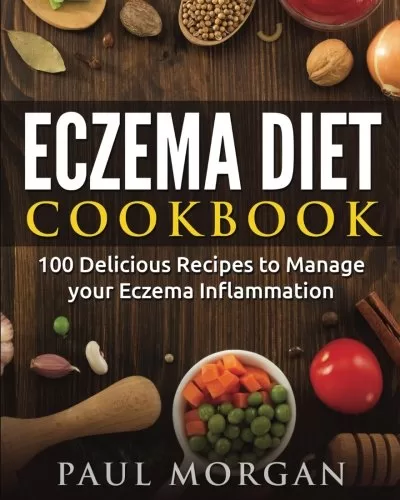
Elimination diets involve removing specific food groups from your diet for a period, followed by gradual reintroduction to identify potential triggers. While there’s no one-size-fits-all approach, some commonly explored diets include:
- Dairy-free diet: Eliminates milk, cheese, yogurt, and other dairy products.
- Gluten-free diet: Excludes wheat, barley, and rye.
- Soy-free diet: Removes soy-based products.
- The Specific Carbohydrate Diet (SCD): Restricts sugars, starches, and processed foods.
It’s crucial to approach elimination diets with caution and under the guidance of a healthcare professional or registered dietitian. Drastic dietary changes without proper planning can lead to nutritional deficiencies.
Nutritional Supplements and Eczema
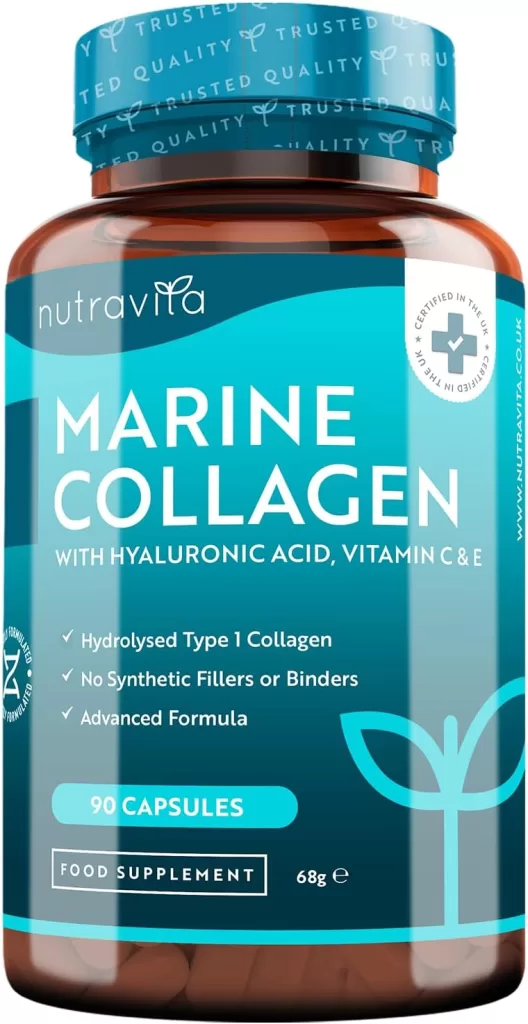
While research on the efficacy of supplements for eczema is limited, some nutrients may offer potential benefits:
- Omega-3 fatty acids: Found in fatty fish, flaxseed, and chia seeds, omega-3s may help reduce inflammation.
- Vitamin D: Essential for skin health, vitamin D deficiency has been linked to eczema.
- Probiotics: These beneficial bacteria support gut health and may positively impact eczema symptoms.
- Zinc: Plays a role in skin repair and immune function.
Always consult with a healthcare provider before starting any new supplement regimen.
A Holistic Approach to Eczema Management
Diet is just one piece of the eczema management puzzle. Combining dietary modifications with other strategies, such as gentle skincare, avoiding irritants, and managing stress, can contribute to improved skin health. Remember, individual responses to dietary interventions vary, and what works for one person may not work for another.
FAQs: eczema relief
What are the common triggers for eczema?
- Answer: Common eczema triggers include allergens (pollen, pet dander, dust mites), irritants (soaps, detergents, fragrances), stress, and harsh weather conditions.
How can I soothe itchy eczema?
- Answer: To soothe itchy eczema, try these tips:
- Apply cool compresses to the affected area.
- Use gentle, fragrance-free cleansers and moisturizers.
- Avoid scratching, as it can worsen inflammation.
- Consider using over-the-counter hydrocortisone cream for mild flare-ups.
What are some good moisturizers for eczema-prone skin?
- Answer: Look for moisturizers that contain ceramides, hyaluronic acid, or shea butter. Some good options include:
- Cetaphil Moisturizing Cream
- Eucerin Eczema Relief Cream
- Aveeno Skin Relief Moisturizing Cream
Can diet affect eczema?
- Answer: Yes, diet can play a role in eczema. Some people find that certain foods, such as dairy, eggs, and nuts, can trigger flare-ups. It’s important to consult with a healthcare professional to determine if a specific diet may be beneficial for you.
How can I prevent eczema flare-ups?
- Answer: To prevent eczema flare-ups, try these tips:
- Identify and avoid your triggers.
- Moisturize your skin regularly.
- Wear loose-fitting, breathable clothing.
- Manage stress through relaxation techniques like meditation or yoga.
- Use gentle, fragrance-free laundry detergent.
Disclaimer: This information is intended for general knowledge and informational purposes only, and does not constitute medical advice. Always consult with a healthcare professional for personalized guidance regarding eczema management and dietary changes.
Explore more articles like this @ Where And How Resources
